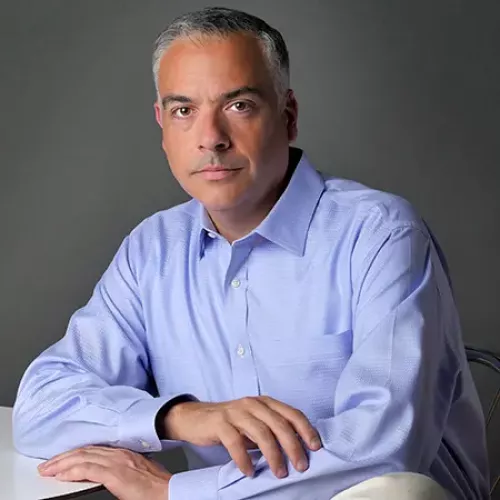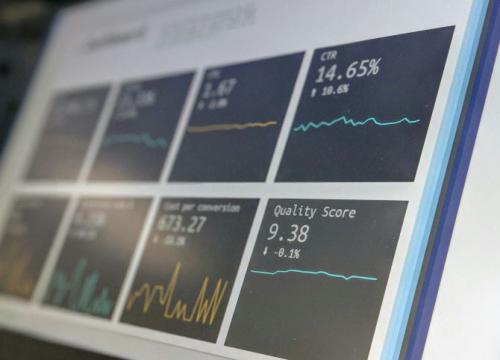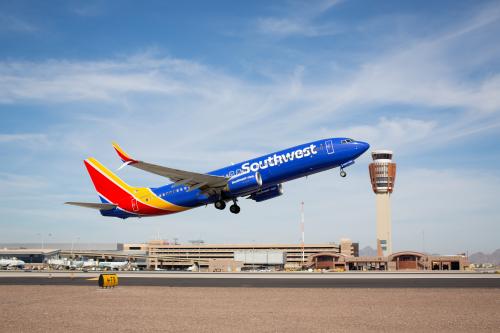– The Wall Street Journal reported that Nissan Motor Co CEO Hiroto Saikawa said a majority of Nissan’s board supported the company’s refusal to call a shareholder meeting in response to the indictment of former chair Carlos Ghosn on charges of financial misconduct. Saikawa described the board’s decision in a mid-December letter to Thierry Bolloré, deputy CEO of Renault, which owns 43 percent of Nissan.
In his letter, Saikawa said Nissan’s board had decided that a committee - consisting of Nissan’s three independent directors as well as four outside members including a former judge - should issue its recommendations on how to reform the company’s governance before the company’s shareholders meet. Spokespeople for Nissan and Renault didn’t immediately respond to requests for comment.
A person familiar with Ghosn’s legal defense has said Ghosn maintains his innocence. Nissan, in response to its indictment, has apologized for what it called ‘false disclosures’ and said it would improve its governance.
– According to Reuters, JPMorgan Chase will pay more than $135 million to settle SEC allegations that it mishandled so-called ‘pre-released’ American depositary receipts (ADRS). The SEC said the investment bank improperly provided ADRs to brokers even though the brokers and their clients lacked the corresponding foreign shares.
The bank settled without admitting or denying wrongdoing but agreed to pay back alleged ill-gotten gains and additional penalties. JPMorgan declined to comment.
– The WSJ said that shareholder activists have had their busiest year as market declines make companies more affordable and the investors and their tactics become more widely accepted. A record 284 companies around the world with market values of more than $500 million were publicly subjected to demands from activists between January 1 and December 21, up from 252 in all of 2017, according to Activist Insight. Elliott Management, Carl Icahn and Starboard Value were the busiest, with Elliott publicly targeting 24 companies and the other two taking aim at nine each.
The number of non-US companies attracting campaigns rose to 148 from 125, with the largest year-to-year increase in Asia. In all, activists and other investors using their techniques have secured a record 194 board seats so far this year, a nearly 42 percent increase from 2017, according to Activist Insight. Sixty-four percent of those board seats came from settlements negotiated with companies rather than shareholder votes, which allow both sides to avoid expensive proxy fights.
– Reuters reported that the Financial Industry Regulatory Authority (Finra) fined the US brokerage unit of Morgan Stanley $10 million for alleged compliance failures in the firm’s anti-money laundering (AML) program. Finra said the alleged lapses spanned more than five years, from January 2011 until April 2016.
A Morgan Stanley automated surveillance system did not receive important data from other Morgan Stanley systems, according to Finra. The lapse impaired the firm’s overall tracking of tens of billions of dollars of wire and foreign currency transfers, Finra said. Those transactions included transfers to and from countries known for money laundering risk, it alleged.
Morgan Stanley settled without admitting or denying wrongdoing. ‘We are pleased to have resolved this matter from several years ago,’ Morgan Stanley said in a statement. The firm has taken ‘extraordinary steps’ since 2013 to improve its AML programs, Finra said.
– CNBC reported that Tesla named Larry Ellison and Kathleen Wilson-Thompson to its board, in compliance with an SEC settlement. Wilson-Thompson is the global head of human resources at Walgreens Boots Alliance and a former executive at Kellogg. Ellison is co-founder and executive chair of Oracle. Tesla and Musk agreed in September to appoint a new chair and two independent board members as part of settling SEC allegations that Musk misled investors with a tweet about taking the company private. Musk and Tesla settled without admitting or denying the allegations
‘In conducting a widespread search over the last few months, we sought to add independent directors with skills that would complement the current board's experience. In Larry and Kathleen, we have added a preeminent entrepreneur and a human resources leader, both of whom have a passion for sustainable energy,’ Tesla's existing directors said in a statement. Existing board member Robyn Denholm was named chair in November.
– According to the WSJ, a number of large companies used windfalls from the 2017 tax overhaul to buy back shares, but did so at high prices, only to see their value decline sharply. In effect, the market has told them they overpaid by billions of dollars.
Companies contend that buybacks are a good way to return excess capital to shareholders and that the paper losses can reverse themselves if their stocks rebound. But the steep declines raise questions about their decision to spend so much of their tax savings to buybacks, rather than using it to invest in their businesses, raise employee pay or pay higher dividends.









